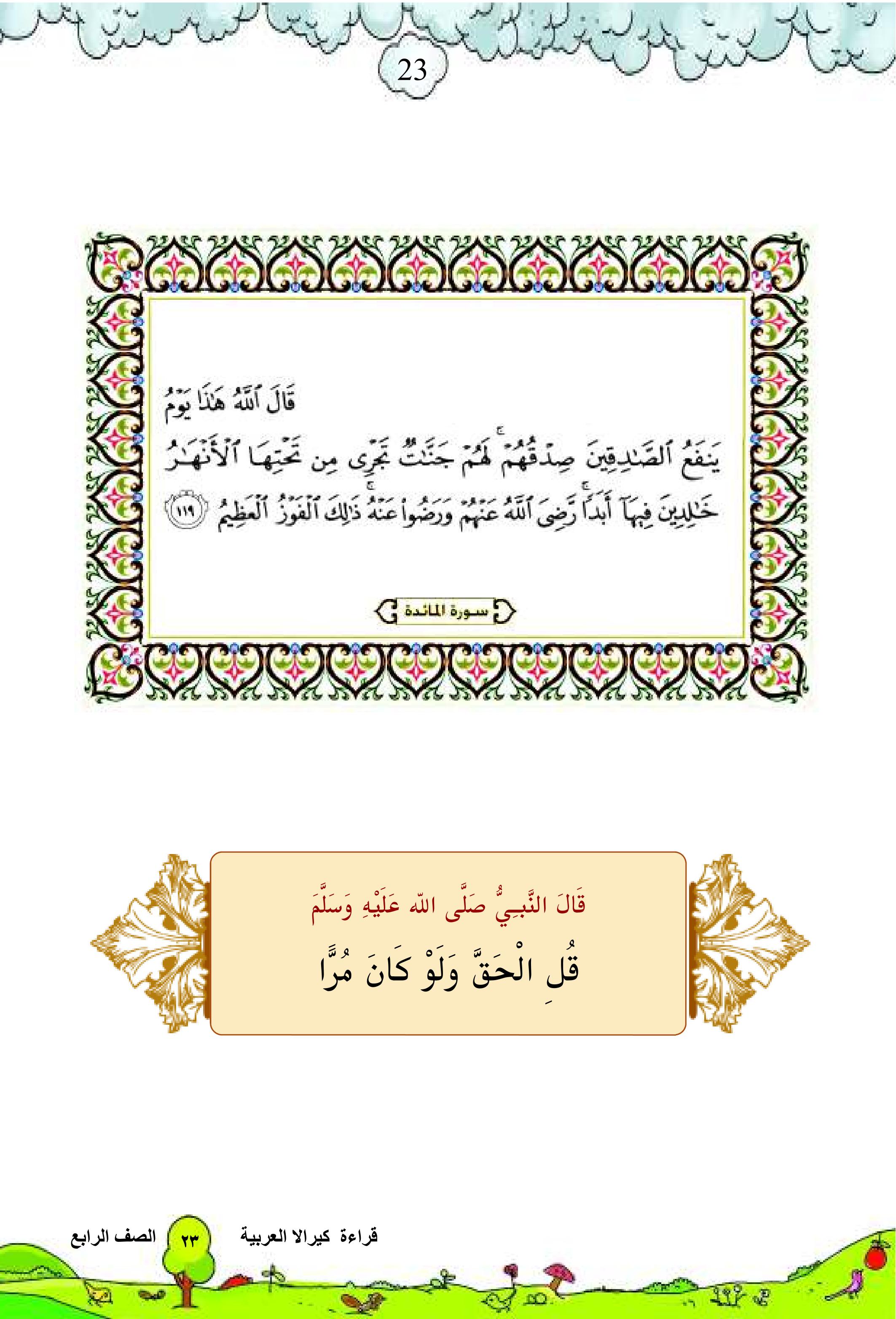Regrets about learning Arabic
So, it's been over a year now since I started learning Arabic. I've been chipping away at it whenever I can find the time, mostly on weekends or whenever my college schedule allows. I'll be straight with you — I'm not exactly racing ahead. I'm still at the point where I can only construct simple statements like, 'Sorry, could you repeat that?' I am not exactly optimistic about myself, to be honest.
But here's something I've realised along the way: Arabic isn't as rough as people make it out to be. Sure, some sounds might seem a bit harsh (oh my sweet ع), but overall, the language is actually rather beautiful and even melodious.
Learning Arabic has definitely opened my mind to new things. I've found myself getting more and more into it as time goes on. But despite all that, sometimes I can't help but wish I'd never even started.
So much religion
Let's talk about the elephant in the room: religion. Now, I'm not a religious person myself, and I didn't start learning Arabic for any religious reasons either. But here's the thing — almost all the materials out there for learning Arabic have some kind of religious side to them. Even the (otherwise excellent) textbooks put out by governments usually contain a certain number of religious verses.
Personally, I try to look past the religious stuff and just focus on learning the language. But it's not always easy. A lot of the words and phrases you come across in Arabic textbooks are pretty much useless outside of a religious context.
One of my Arabic teachers used to complain about this all the time. He'd say there aren't enough 'secular' Arabic textbooks out there, and I totally get where he's coming from.
I've tried learning a few languages before (with varying degrees of success), but Arabic is the first one where I've really noticed this marriage between language and religion. And honestly, I think it's a bit of a shame. Arabic could be a lot more accessible to non-Muslims, but unfortunately, that's not really the case.
So many dialects
Okay, let's talk dialects. This is where things start going south.
Arabic isn’t a real language btw. Nobody speaks Arabic
— Nikita 🍔 (@nykyt0sha) March 13, 2024
I studied Arabic for 3 years. It’s not a real language. Nobody speaks Arabic. What they speak is Egyptian, or Moroccan, or Gulf dialect, and so on https://t.co/MMA0sboXtP
— Nikita 🍔 (@nykyt0sha) March 13, 2024
See, Arabic isn't just one language — it's more like a whole bunch of different ones, depending on where you are. You've got Egyptian Arabic, Gulf Arabic, Iraqi Arabic, Maghrebi Arabic, Levantine Arabic... the list goes on.
And here's the kicker: these dialects can be pretty different from each other. Some (Levantine-Iraqi) are kind of similar, but others (Maghrebi)? Forget about it. Even something as basic as the numbers are different.
For people like me who are learning Arabic as a second language, we usually start with something called Modern Standard Arabic (MSA), or al-Fusha. It's sort of like the 'official' or standardised version of the language, used in things like textbooks and official speeches.
Learning MSA allows me to read (most) books, watch the news, and probably browse Arabic twitter (!!توخي الحذر).
But here's the thing about MSA — nobody uses it in their day to day speech. So even if you get really good at it (fat chance of that), you're still going to have a hard time understanding people in casual conversations, or watching movies, or listening to music, or doing anything which requires colloquial Arabic.
And let me tell you, when I found that out, I was bummed. What's the point of spending all this time learning a language if you can't even talk to people properly afterwards?
I don't know, maybe I'm just being a bit too hard on myself. I mean, I started learning Arabic as a bit of a challenge, and I have to admit, I've grown to love it in my own way. But still, sometimes I can't help but wish I'd never even bothered.

